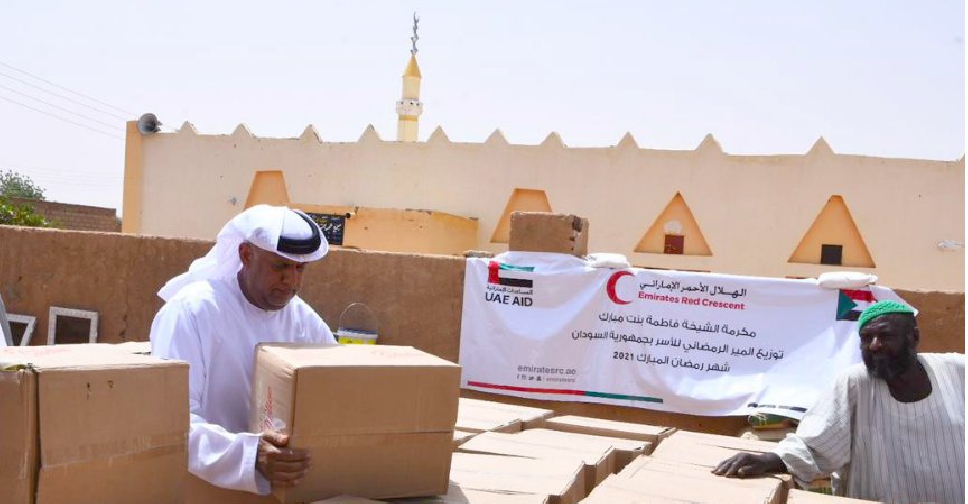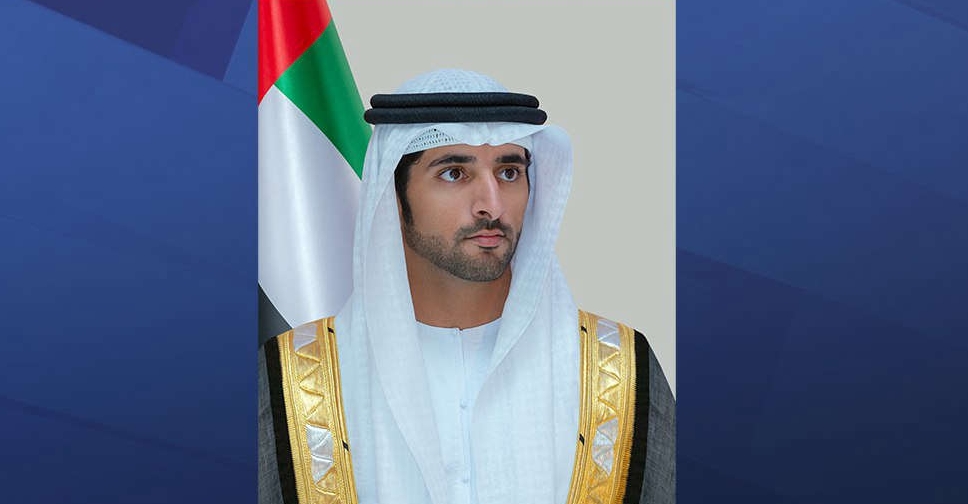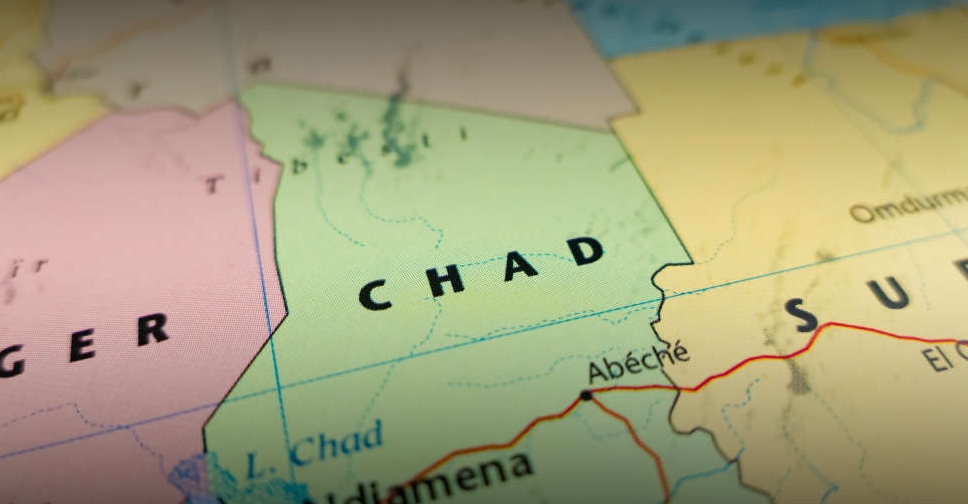
The UAE has sent aid planes to Sudan and the Union of Comoros as part of its humanitarian initiatives during the Holy Month of Ramadan to meet the needs of thousands of families with limited income.
The plane to Sudan carried 50 metric tonnes of food, while the one to Union of the Comoros contained 43 metric tonnes of aid.
Hamad Mohammed Humaid Al Junaibi, UAE Ambassador to Sudan, and Saeed Al Maqbali, UAE Ambassador to Union of the Comoros, highlighted the UAE's efforts in helping those in need.
This comes against the backdrop of ongoing efforts to assist those affected by the COVID-19 pandemic.
Al Maqbali said the UAE, over the past year, had sent medical aid, including testing kits and ventilators, to support the Union of the Comoros government’s efforts to contain the COVID-19 pandemic.
Meanwhile, Al Junaibi said the Sheikh Mohammed Bin Zayed Field Hospital in Darfur, established by the UAE, has 208 beds to treat COVID-19 patients in Sudan.
"The hospital contains all the necessary medical equipment and supplies. This reflects the strong and distinguished relations between the two countries, as well as the UAE's keenness to continue to support Sudan’s health sector and provide direct assistance to frontline healthcare workers as they work to contain the pandemic," he added.




 World Governments Summit announces record leadership attendance
World Governments Summit announces record leadership attendance
 H.H. Sheikh Hamdan calls on community to mark 'Day of Solidarity'
H.H. Sheikh Hamdan calls on community to mark 'Day of Solidarity'
 Abu Dhabi motorist arrested for livestreaming while driving dangerously
Abu Dhabi motorist arrested for livestreaming while driving dangerously
 UAE condemns attack on armed forces in Chad
UAE condemns attack on armed forces in Chad
